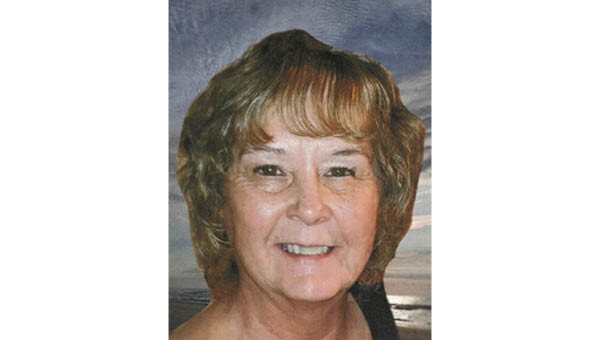It shouldn’t be political to talk about hate
Published 8:30 am Wednesday, October 31, 2018
It shouldn’t be political to talk about hate. The topic can be political, yes, and people often use it for those purposes. But concern over the hate poisoning our country is something far more than strategic.
It shouldn’t be political to say that hate crimes and hate violence are a growing problem in the United States. Certainly, it’s true that people have harbored bigotry and racism throughout history, and that some have acted on it in the worst way. But the number of anti-Muslim groups in the U.S. has nearly tripled since 2015. The number of large white supremacist rallies has substantially risen in that same time frame. The number of anti-Semitic incidents has risen 57 percent in two years.
It shouldn’t be political to say that last week was especially tragic. A Florida man who strongly supported white supremacist ideology was arrested for mailing 13 pipe bombs to Barack Obama, Hillary Clinton, CNN and prominent Democrats. Two African-Americans were targeted and murdered at a grocery store in Kentucky by a man who moments before had tried unsuccessfully to enter a black church. A gunman burst into the Tree of Life synagogue in Pittsburgh, shouted “All Jews Must Die” and killed 11 people.
It shouldn’t be political to say that we look to our leaders to help guide us through moments like these, and that some leaders do not live up to that responsibility.
It shouldn’t be political to say that Donald Trump has been slower than most presidents to condemn hate and quicker to stray from those condemnations. It happened again this past week when the president condemned both the Pittsburgh shooting and pipe bombs, yet continued to tweet personal grievances about each throughout the week, including some that targeted the recipients of those bombs. Trump also has been quiet as others have voiced hateful rhetoric and dangerous conspiracy theories, including most recently the unfounded speculation that a caravan of immigrants moving toward the U.S. border was funded by George Soros, a Jewish businessman who is the subject of many anti-Semitic tropes. It shouldn’t be political to say that those who hate have been emboldened by what this president has said and not said. They have said so themselves.
It shouldn’t be political to be disturbed at the inconsistency our country’s other political leaders show about hate, whether it comes from white supremacists or black nationalists. Elected officials can be quick to condemn hate violence but slow to address the rhetoric that fuels such acts for fear of upsetting potential voters, or the president. This includes Republicans last week who were largely silent about the anti-Semitic theories surrounding the caravan — or worse, endorsed them.
It shouldn’t be political to say any of this, or to fret about the growing number of videos capturing white Americans harassing blacks, or to worry about our schools and sacred places being targets of gunmen. We are at an especially dangerous time in our country, one that calls for more of us to unequivocally and loudly reject the bigotry and racism that is poisoning us.
Yes, that should include our political leaders. In the next week we will have the opportunity to support those who condemn hate in all its forms, not just the violent ends. We can reject those who stay silent when others encourage violence or speak of fellow Americans as “enemies” and “traitors.” We can push virulent and violent bigotry back to the fringes and dark corners. It may take a political act, but we can at least begin to take the politics out of hate.
— CHARLOTTE, NC. OBSERVER





